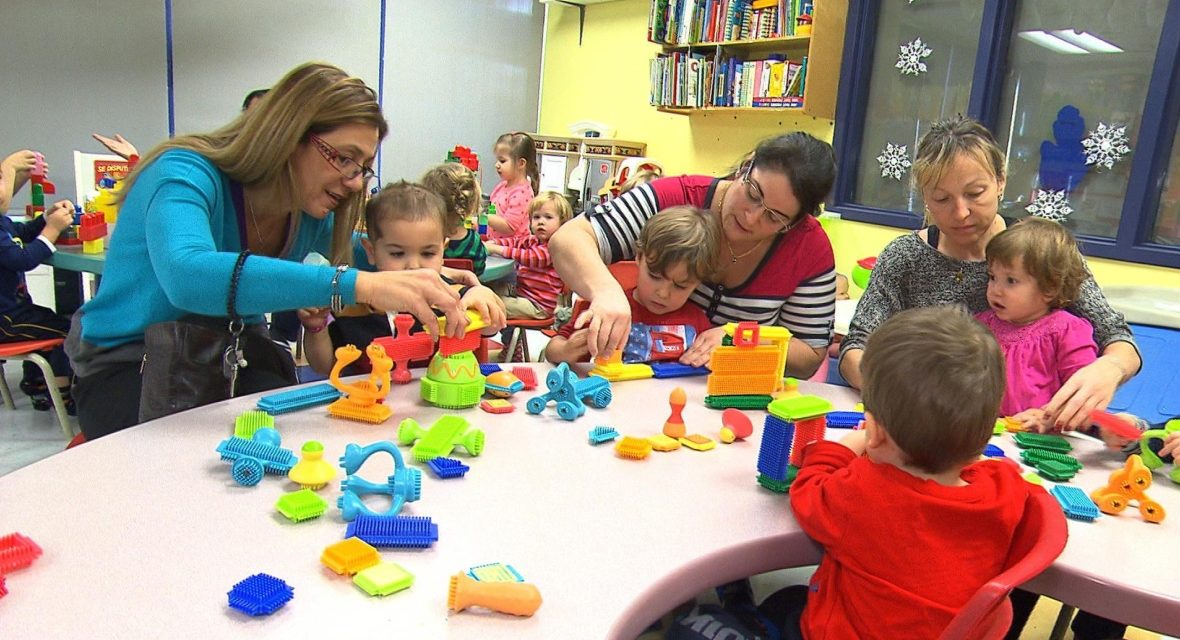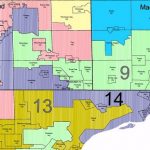The families of an estimated 685,000 children in Michigan would lose out on some or all of the new federal child tax credit proposed in the tax reform bill that’s up for a vote next week in the House.
According to the Center on Budget and Policy Priorities, those families who would come up short consist almost entirely of the working poor. At the same time, the tax plan would extend eligibility for the child tax credit (CTC) to married couples with two children and incomes between $150,000 and $294,000.
The center, the CBPP, found that about one-third of all children in working families – 23 million — would be excluded entirely or partially from the increased benefits of the new CTC.
In Michigan, 36 percent of kids fall into that category – approximately 326,000 fully left out and 359,000 partially left out.
The House Republican tax bill would increase the maximum Child Tax Credit (CTC) from the current $1,000 per child to $1,600, a key feature of the plan. But not all families would benefit.
The reason is that GOP lawmakers want to limit the amount of “refundable” credits paid to families that pay no federal income tax. These are households where low incomes are essentially wiped out on their IRS tax forms by exemptions and deductions. Under a rather complex formula and a phase-in of certain provisions, the full $600-per-child increase in the CTC does not apply to many of these folks.
A single mom with two kids earning $14,500 a year would see no increase in her tax credit, according to the CBPP estimates. A married couple with two kids and a $24,000 income would gain just $200. A married couple with two kids and a $200,000 income would see the full $3,200.
The House GOP proposal would partially or entirely exclude more than 25 percent of children in working families in almost every state. In 16 states, at least 40 percent of these children would be excluded: Alabama, Arizona, Arkansas, California, Florida, Georgia, Idaho, Louisiana, Mississippi, Nevada, New Mexico, North Carolina, Oklahoma, South Carolina, Tennessee, and Texas.











